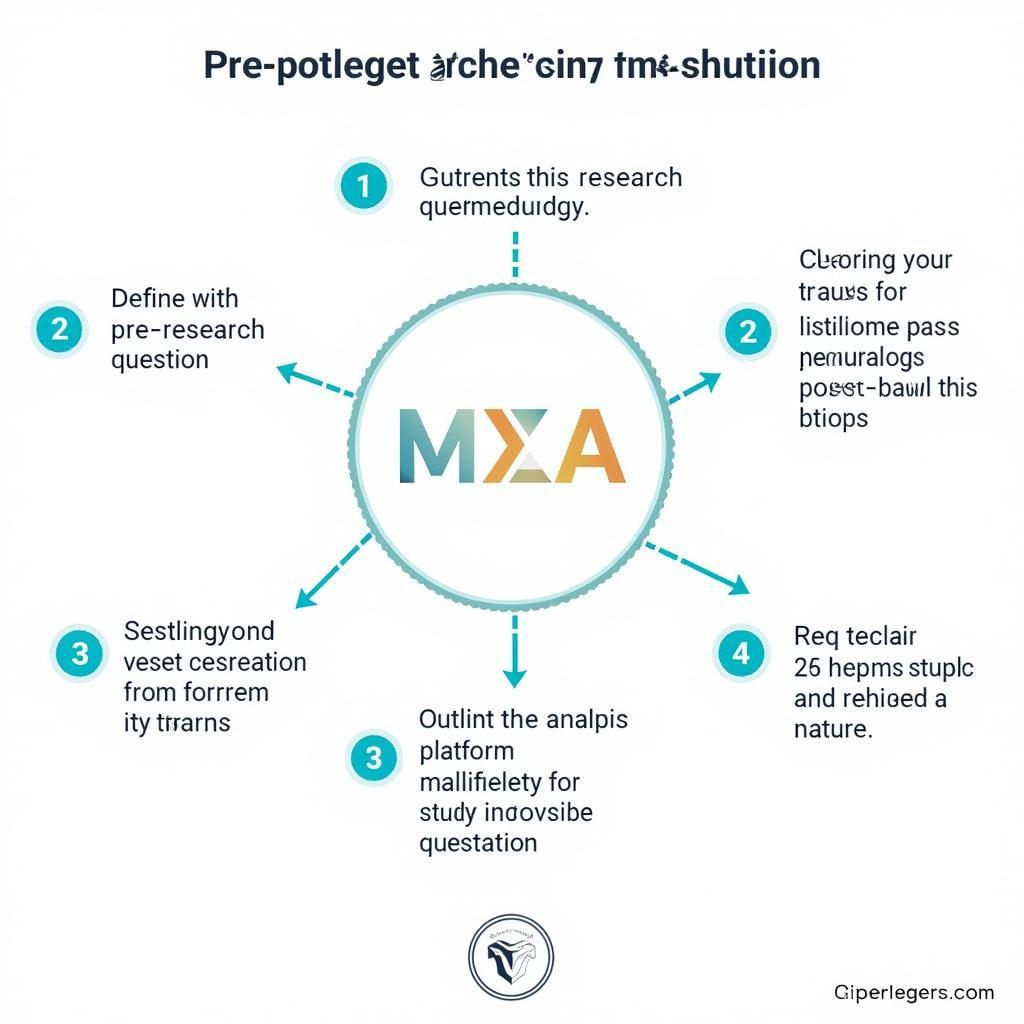Understanding the conditions that foster robust psychological research is crucial for advancing our knowledge of the human mind and behavior. These conditions involve a complex interplay of methodological rigor, ethical considerations, and a commitment to open science practices. By examining these factors, we can better evaluate existing research and contribute to the development of more reliable and impactful studies in the future.
Methodological Rigor: The Foundation of Robust Research
Methodological rigor forms the backbone of robust psychological research. This involves employing stringent research designs, appropriate statistical analyses, and careful control of confounding variables. A key aspect is ensuring high internal validity, which refers to the extent to which a study can confidently demonstrate a causal relationship between variables. This can be achieved through randomized controlled trials (RCTs), considered the gold standard in many fields, including psychology. RCTs randomly assign participants to different groups, minimizing the influence of pre-existing differences and allowing researchers to isolate the effects of the intervention being studied. Another crucial element is ensuring external validity, which is the generalizability of the findings to other populations and settings. This requires careful consideration of the sample characteristics and the context in which the research is conducted.
Another important aspect of methodological rigor is the pre-registration of studies. This involves publicly outlining the research question, hypotheses, methods, and analysis plan before collecting any data. Pre-registration enhances transparency and reduces the risk of questionable research practices, such as p-hacking, which is the manipulation of data analysis to achieve statistically significant results.
 Pre-registration Process in Psychological Research
Pre-registration Process in Psychological Research
The Importance of Ethical Considerations
Ethical considerations are paramount in all research involving human participants. These include obtaining informed consent, ensuring participant confidentiality, and minimizing any potential harm. Robust psychological research adheres to strict ethical guidelines, protecting the rights and well-being of participants while simultaneously advancing scientific knowledge. Ethical review boards play a vital role in evaluating research proposals and ensuring they meet the necessary ethical standards. These boards carefully assess the potential risks and benefits of the study, ensuring that participants are adequately protected.
Open Science Practices: Enhancing Transparency and Reproducibility
Open science practices are becoming increasingly important in promoting robust psychological research. These practices involve sharing research materials, data, and code publicly, allowing other researchers to scrutinize and replicate the findings. This fosters transparency and accountability, contributing to a more robust and reliable body of scientific knowledge. Open access publishing also plays a crucial role, making research findings more widely accessible to the scientific community and the public.
One critical aspect of open science is the replication of studies. Reproducibility is a cornerstone of scientific progress, allowing researchers to verify findings and build upon existing knowledge. By replicating studies, we can identify potential flaws in the original research and gain a deeper understanding of the phenomenon being investigated.
 Open Science Practices in Psychology
Open Science Practices in Psychology
Under what conditions is the most robust psychological research produced? – A Synthesis
Robust psychological research is produced under conditions where methodological rigor, ethical considerations, and open science practices are prioritized. These elements work in concert to ensure the reliability, validity, and generalizability of research findings. By embracing these principles, we can contribute to a more robust and impactful field of psychological science.
FAQ
- What is pre-registration in research?
- Why are ethical considerations important in psychological research?
- What are some examples of open science practices?
- How does methodological rigor contribute to robust research?
- What is the importance of replication in psychology?
- What is the role of ethical review boards?
- How can I find pre-registered studies?
Related Articles on Paranormal Research
- The Psychology of Belief: Exploring the Paranormal
- The Science of Intuition: Investigating Psychic Phenomena
- Critical Thinking and Skepticism in Paranormal Investigations
Need assistance? Contact us 24/7: Phone: 0904826292, Email: research@gmail.com or visit us at No. 31, Alley 142/7, P. Phú Viên, Bồ Đề, Long Biên, Hà Nội, Việt Nam.